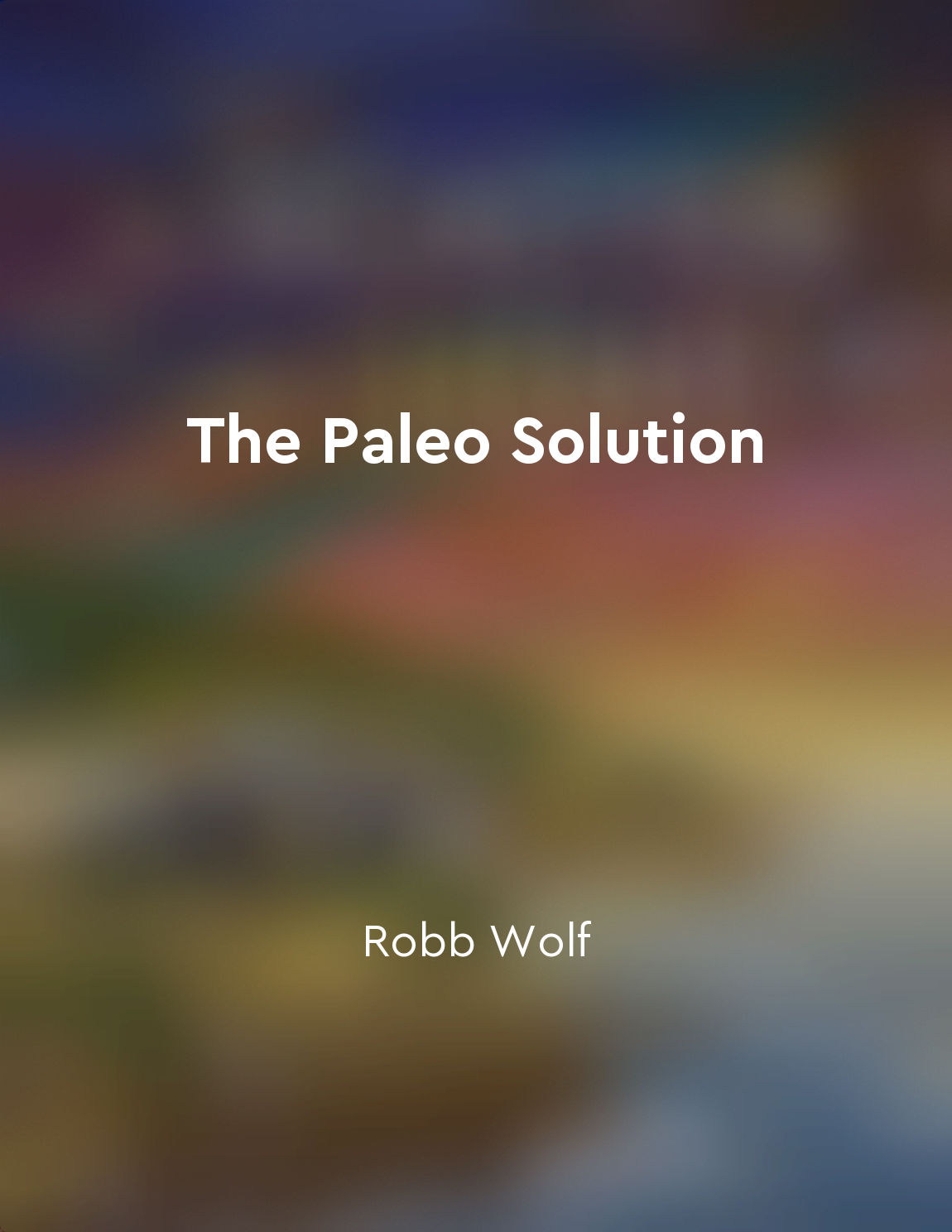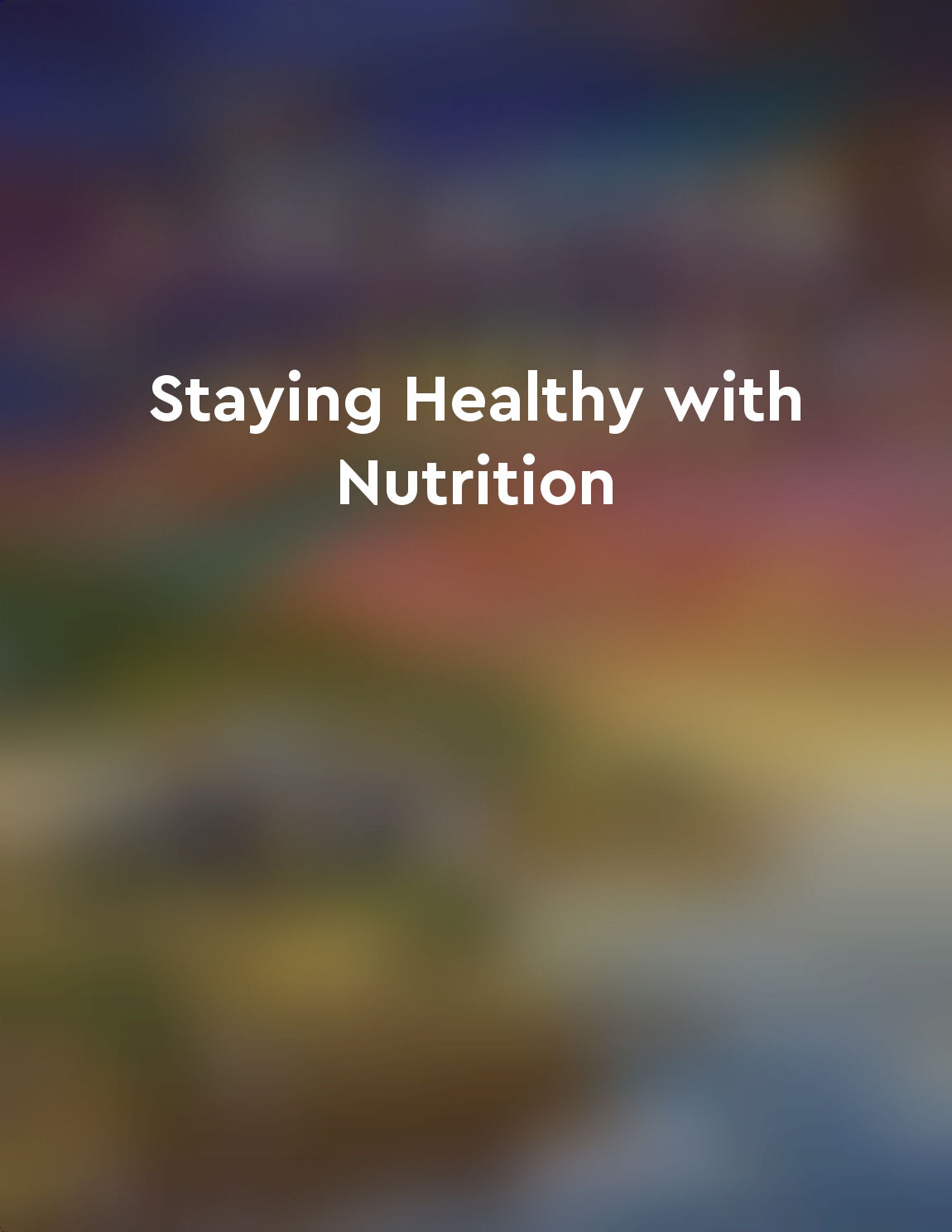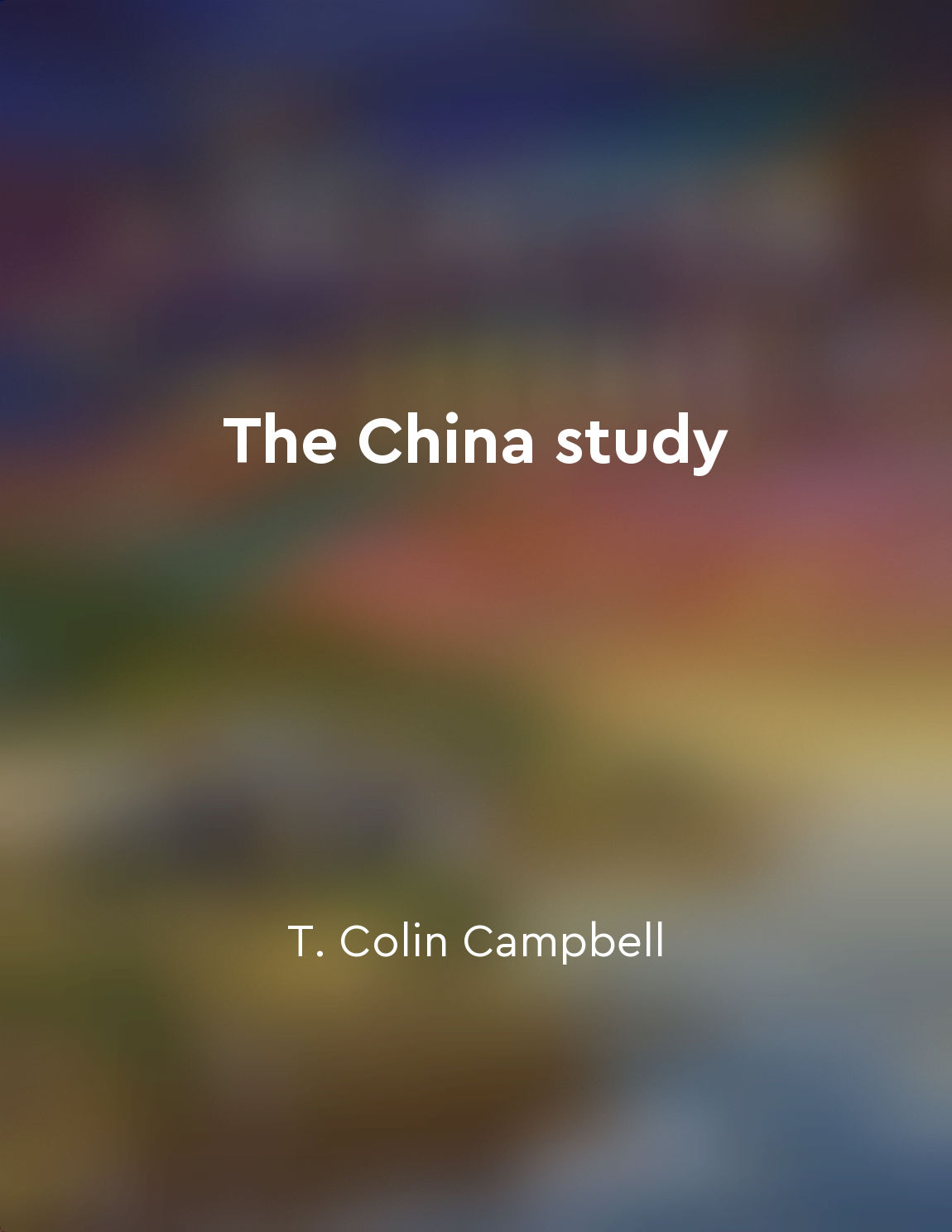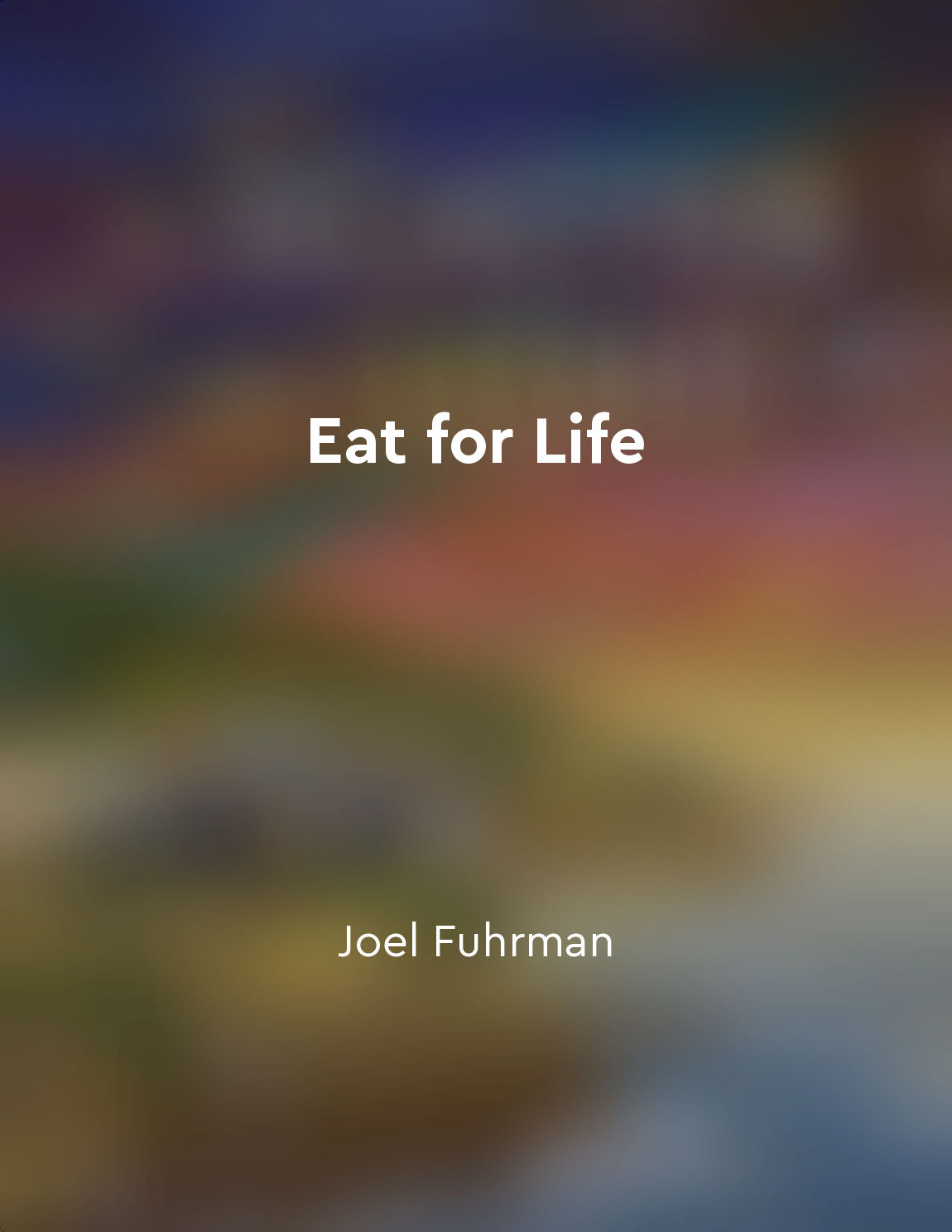Science is confusing from "summary" of Food - WTF - Should I Eat? by Mark Hyman
When it comes to understanding what to eat, it often feels like we need a degree in nutrition just to decipher the information. The constant barrage of conflicting messages from experts, studies, and headlines can leave us feeling confused and frustrated. One day eggs are good for you, the next day they’re bad. Fat is vilified one moment and praised the next. It’s enough to make your head spin. But the reality is that the confusion is not necessarily due to the science itself, but rather to the way it is communicated to the public. Studies are often oversimplified or taken out of context in order to make a splashy headline. This leads to conflicting information and leaves us unsure of who to trust or what to believe. The truth is, nutrition science is complex. It’s not as straightforward as we would like it to be. There are countless variables at play – genetics, lifestyle, environment – that can affect how our bodies respond to different foods. This complexity is what makes it so difficult to give definitive answers about what we should be eating. So, what are we supposed to do with all this conflicting information? How are we supposed to make sense of it all and make educated decisions about what to put on our plates? The key is to approach nutrition with an open mind and a critical eye. Look beyond the headlines and dig deeper into the research. Instead of blindly following the latest fad diet or cutting out entire food groups based on a single study, take a more holistic approach to your eating habits. Focus on whole, unprocessed foods, listen to your body, and pay attention to how different foods make you feel. By tuning in to your body’s signals and being mindful of what you eat, you can navigate the confusing world of nutrition with confidence and clarity.Similar Posts
Nuts and seeds provide healthy fats and nutrients
Nuts and seeds are rich sources of healthy fats and essential nutrients that are crucial for optimal health and wellbeing. Thes...
Seasonal foods provide optimal nourishment
The concept of seasonal foods providing optimal nourishment is a fundamental principle in traditional Chinese medicine. By cons...
Eat whole foods over processed ones
When it comes to making food choices, it is important to prioritize whole foods over processed ones. Whole foods are foods that...
Meal timing can impact health outcomes
Timing your meals can have a profound impact on your health outcomes. When you eat can actually be just as important as what yo...
Berries are a good lowsugar fruit option
Berries are a good choice when it comes to selecting fruits that are low in sugar. Contrary to popular belief, not all fruits a...

Intermittent fasting can be beneficial
Intermittent fasting can be a powerful tool in your health and fitness arsenal. This eating strategy involves cycling between p...

The benefits of maintaining a healthy weight for overall wellbeing
Maintaining a healthy weight is crucial for overall wellbeing. When we are at a healthy weight, our bodies are better equipped ...

The role of lifestyle in reducing disease risk
The China Study emphasizes the critical role that lifestyle plays in reducing the risk of disease. Lifestyle factors such as di...

Hunger cues should guide food choices
Our bodies are equipped with an incredibly sophisticated system to let us know when we need to eat. This system is our hunger c...
Food choices impact health
Our food choices have a direct impact on our health. What we eat plays a crucial role in determining our overall well-being and...

